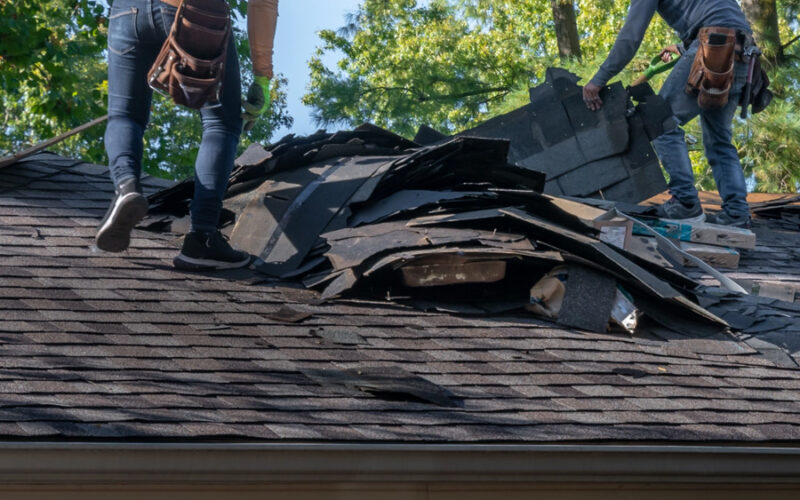Selecting the right siding contractor is crucial for enhancing your home’s curb appeal, protecting it from weather elements, and increasing its overall value. A quality siding installation can last decades, but only if done correctly by a professional. This guide will provide you with essential tips on how to find the best siding contractor, what to look for in a company, and common pitfalls to avoid.
1. Understand the Importance of Professional Siding Installation
Hiring a professional siding contractor ensures your home is properly protected and aesthetically pleasing. Siding acts as the first line of defense against weather conditions, moisture, and pests. Incorrect installation can lead to costly repairs, water damage, and a reduced lifespan of your siding material. Therefore, choosing a qualified contractor is an investment in your home’s long-term health and appearance.
2. Key Factors to Consider When Choosing a Siding Contractor
When searching for a siding contractor, consider these critical factors to ensure you select the best professional for your project:
a. Experience and Expertise
Look for contractors with extensive experience in siding installation, especially with the specific type of material you want, whether it’s vinyl, fiber cement, wood, or another option. A contractor with years of hands-on experience will know how to handle different challenges and ensure the best results.
b. Licensing and Insurance
Always verify that the contractor is licensed and insured. Proper licensing ensures the contractor has met the state or local requirements for operating legally. Insurance, including liability and workers’ compensation, protects you from potential liabilities in case of accidents or damage during the project.
c. Customer Reviews and References
Research customer reviews on platforms like Google, Yelp, or the Better Business Bureau to gauge the contractor’s reputation. Positive reviews and high ratings can indicate quality workmanship and reliable service. Additionally, ask the contractor for references and contact past clients to get firsthand feedback on their experience.
d. Detailed Written Estimates
Obtain written estimates from at least three contractors. A detailed estimate should include the cost of materials, labor, project timeline, and any additional fees. Avoid contractors who provide vague estimates or pressure you into signing a contract without clearly outlining the project scope.
3. Common Siding Materials and Their Benefits
Understanding the types of siding materials available can help you make an informed decision. Here are some popular options:
Vinyl Siding:
Cost-effective, low maintenance, and available in various colors and styles. It’s an excellent choice for budget-conscious homeowners.
Fiber Cement Siding:
Durable, resistant to fire, pests, and rot, and offers the look of wood without the maintenance. Ideal for homeowners looking for longevity and aesthetics.
Wood Siding:
Provides a natural, classic look and can be painted or stained to suit your style. However, it requires more maintenance and is susceptible to pests and moisture.
Metal Siding:
Often made from aluminum or steel, it’s highly durable and weather-resistant, making it perfect for areas with harsh weather conditions.
4. Questions to Ask Your Siding Contractor
Before hiring a siding contractor, ask the following questions to ensure they are the right fit for your project:
- What type of siding do you recommend for my home, and why?
- Can you provide a timeline for the project, including start and completion dates?
- Will you handle the necessary permits, or is that my responsibility?
- How do you handle unexpected issues or additional costs during the project?
- What is your warranty on materials and workmanship?
-
Red Flags to Watch Out For
Be cautious of siding contractors who exhibit any of the following red flags:
High-Pressure Sales Tactics:
Avoid contractors who pressure you into making quick decisions or signing contracts immediately.
Lack of Proper Documentation:
Steer clear of contractors who cannot provide proof of insurance, licensing, or a detailed written estimate.
Unrealistically Low Bids:
Extremely low bids could indicate substandard materials or inexperienced labor. Always ensure the price reflects the quality and scope of the work.
Conclusion
Choosing the right siding contractor is a vital step in protecting and beautifying your home. By considering factors such as experience, licensing, and customer feedback, you can select a contractor who will deliver high-quality results that last. Remember to ask the right questions, compare estimates, and watch for warning signs to make a well-informed decision. With the right professional by your side, your siding project will enhance your home’s appearance, efficiency, and value for years to come.

